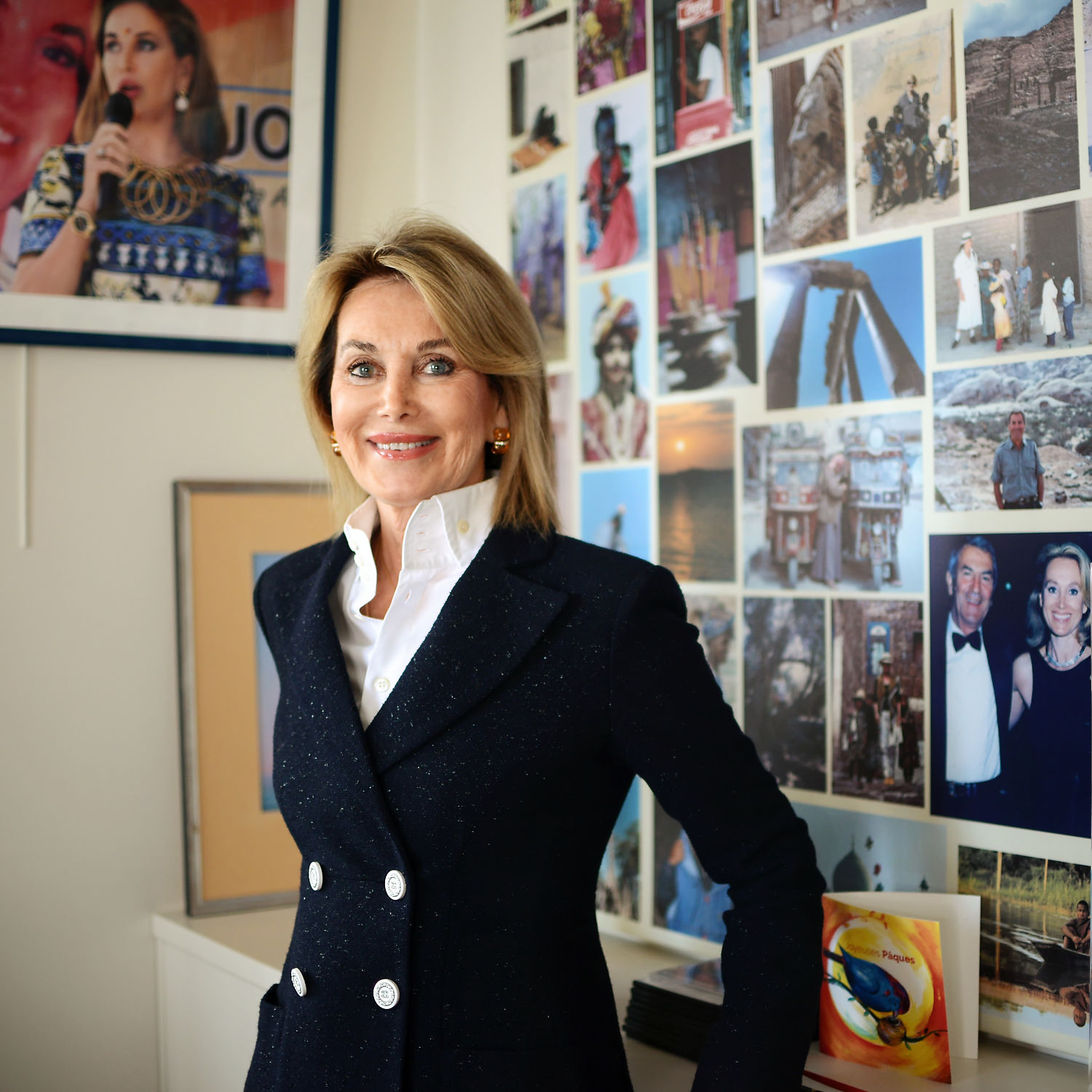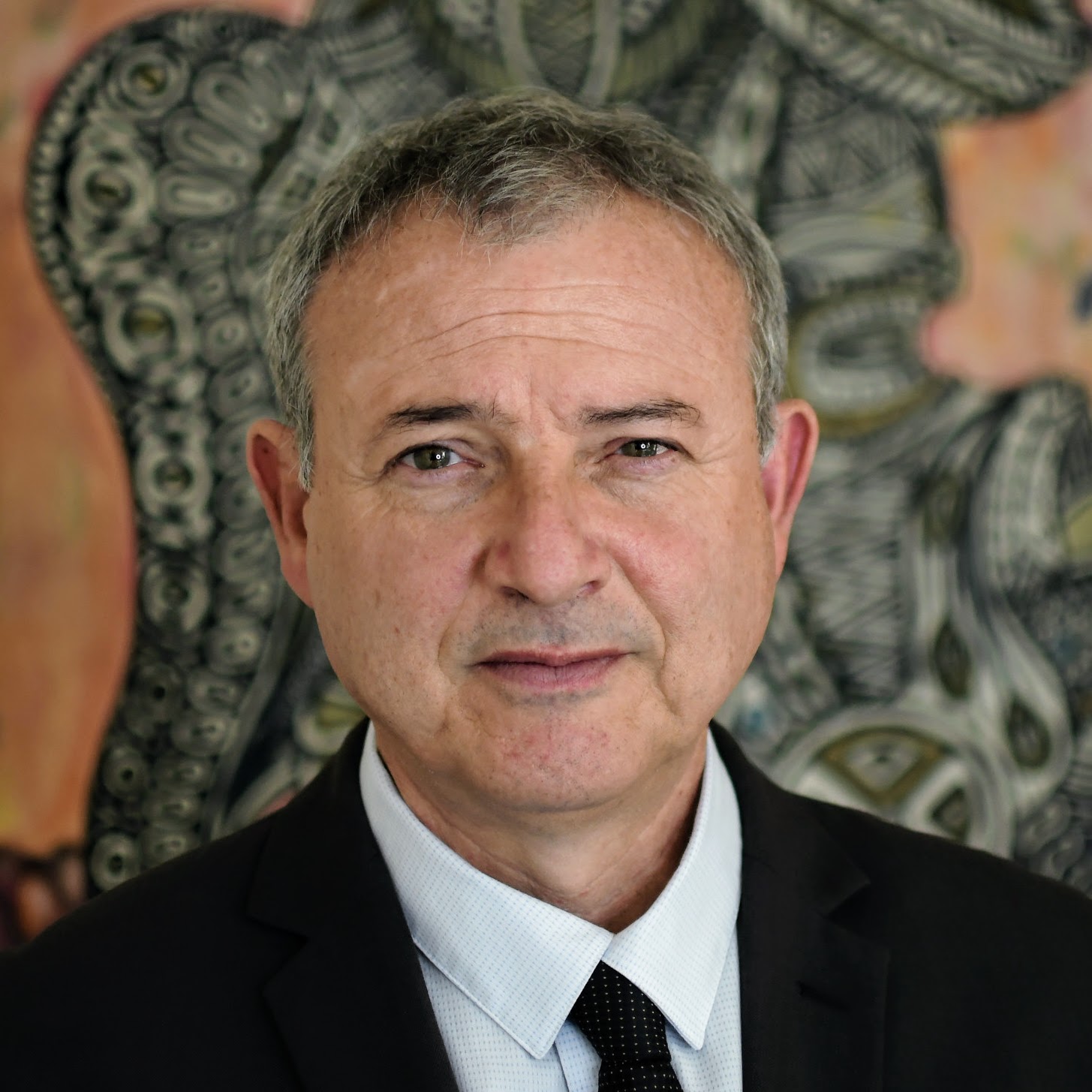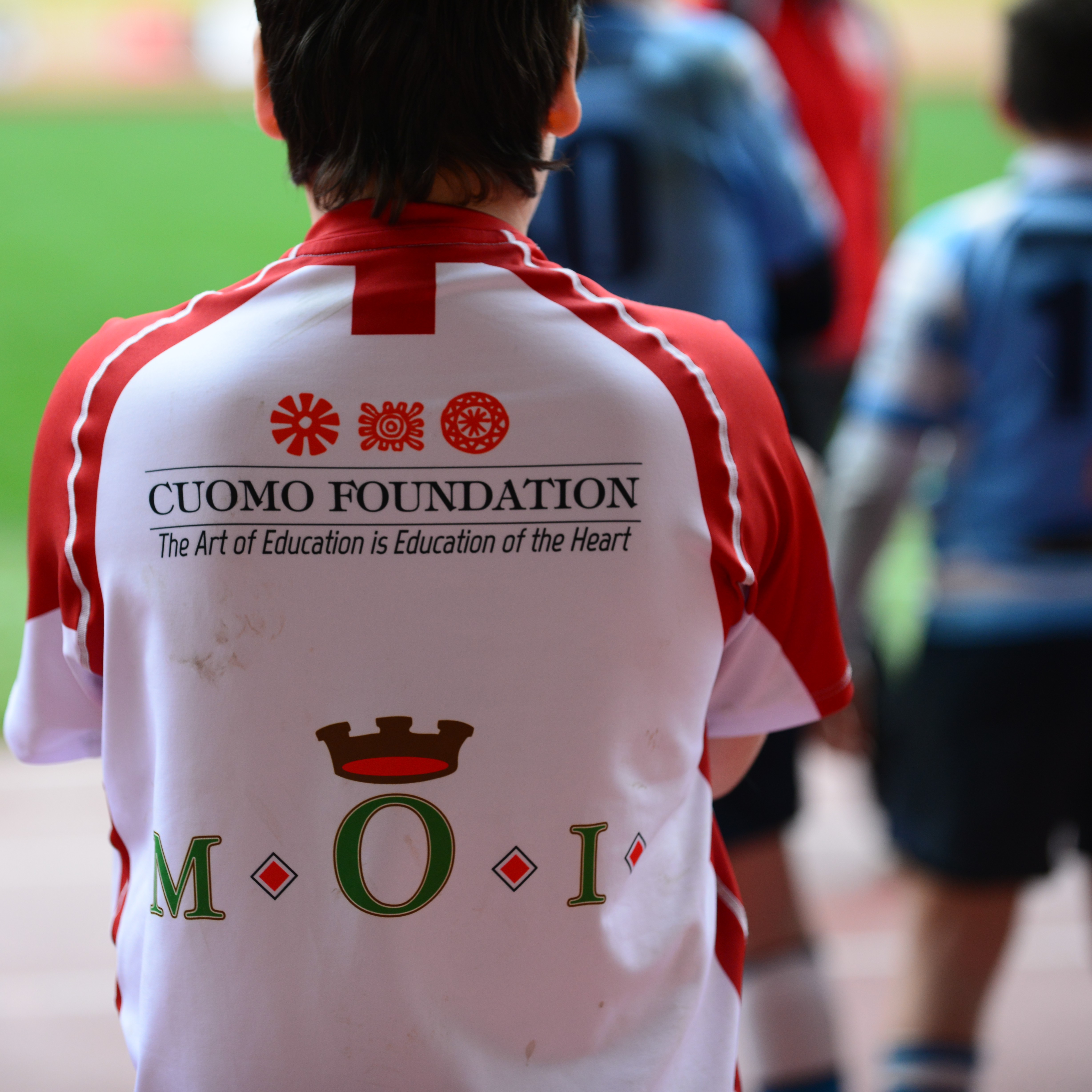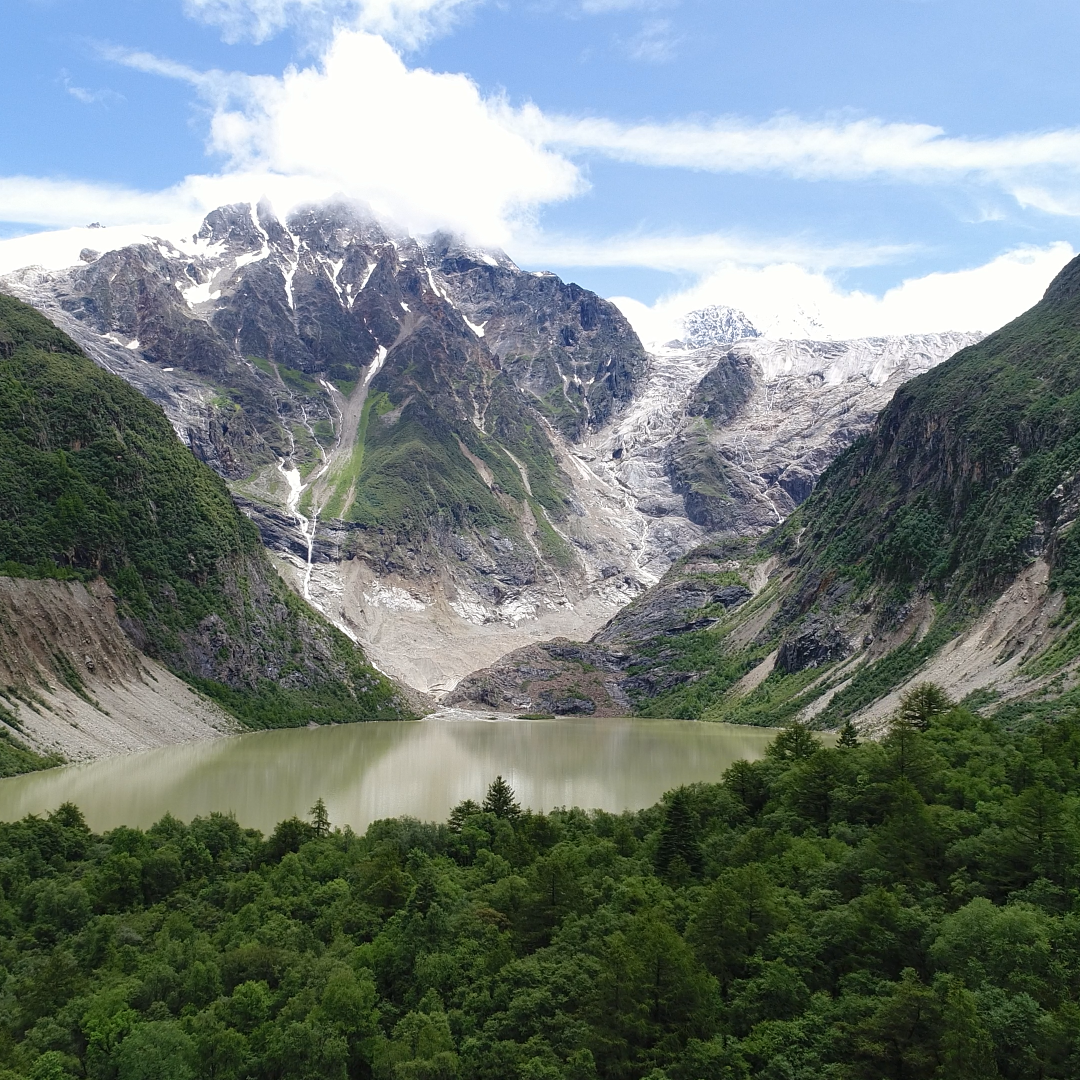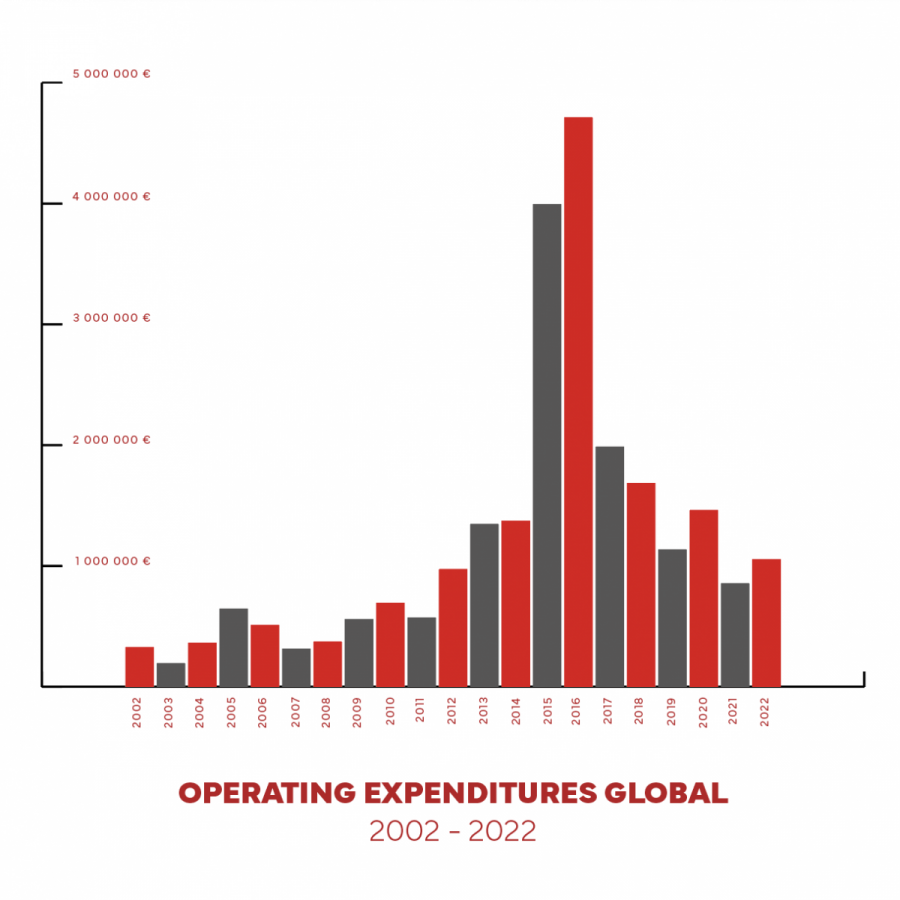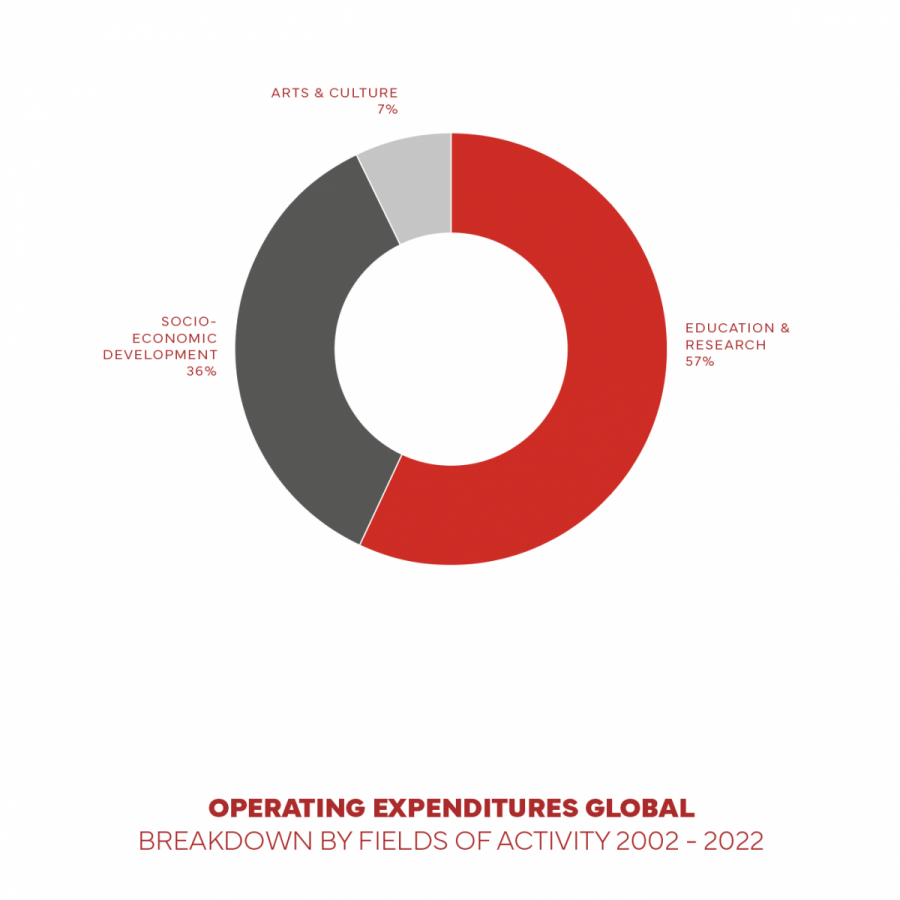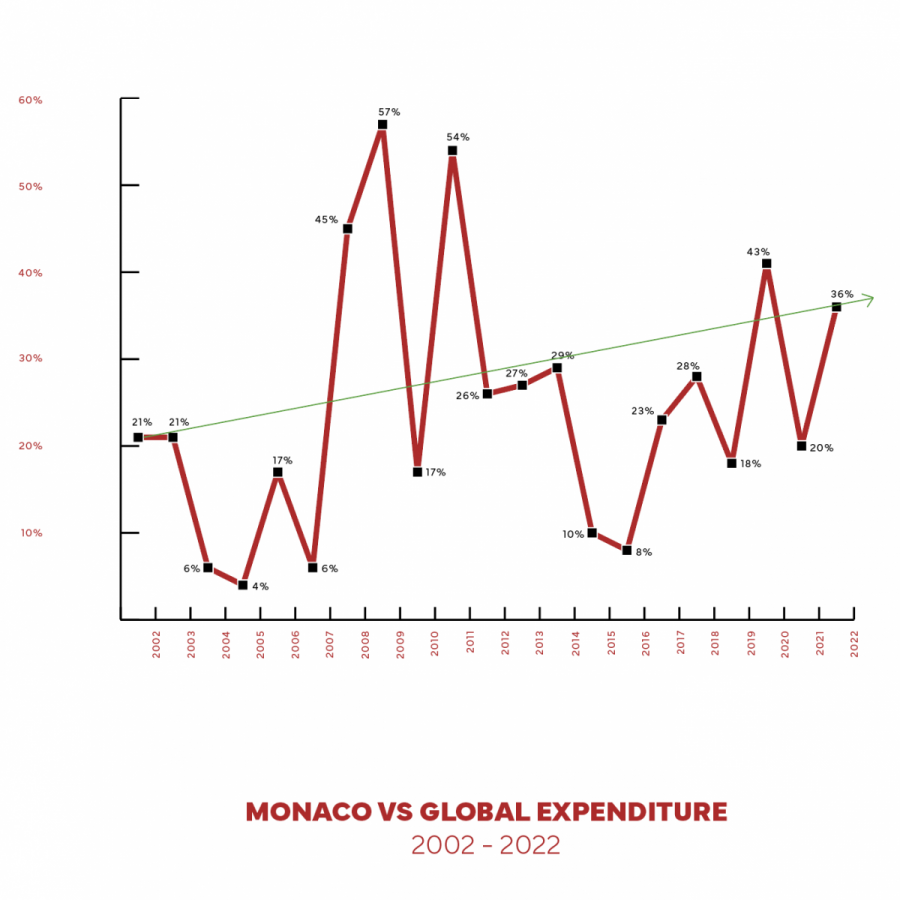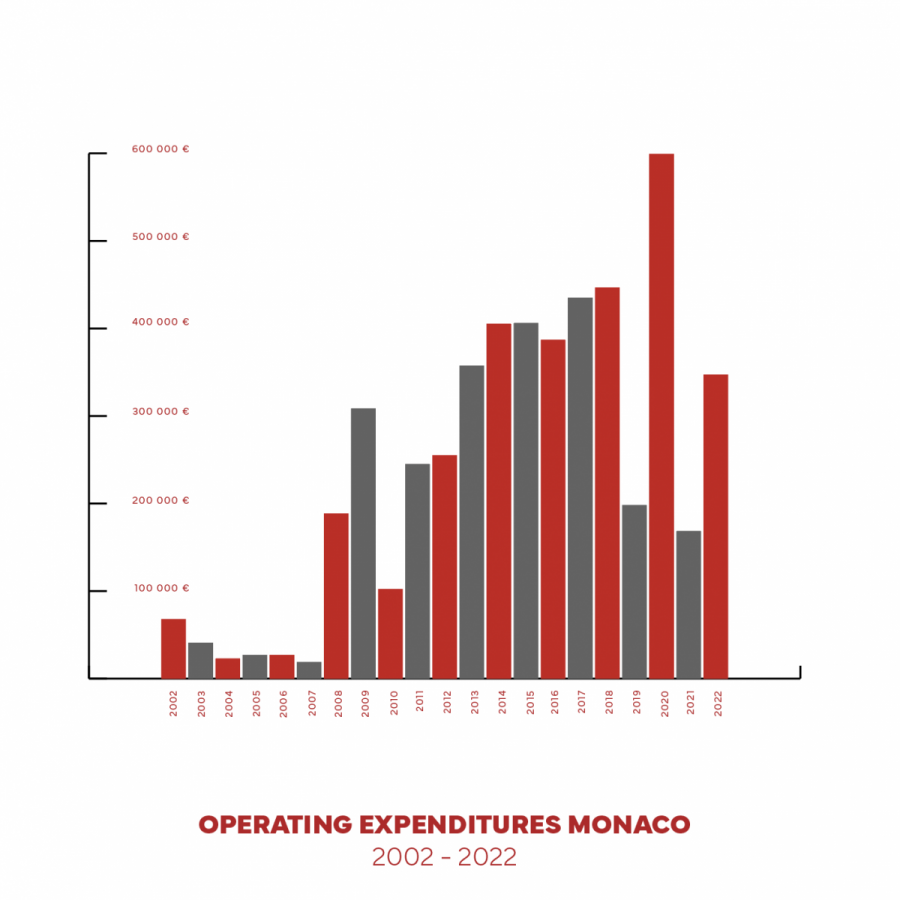CUOMO FOUNDATION
2022 ANNUAL REPORT
Presentation
-
Scholarships
-
Sports and Youth Services
-
Donations to associations charities
-
Europe
-
Asia
-
Africa
-
Latin America
EDITORIAL
FOREWORD
MARIA ELENA CUOMO PRESIDENT
…In my role as president of the Cuomo Foundation, I have the professional responsibility of offering a platform that can promote and facilitate significant commitments to support communities and aid individuals and hopefully create positive change in the world.
Since its very early beginnings in 1999 and its formal establishment as the Cuomo Foundation in 2001, the Foundation has had an open-door policy of responding where aid is requested especially for the less advantaged in societies.
Now over 20 years later and with the maturity of age, the Foundation and myself, as the co-founding president, have retrospectively analysed the actions taken, both the successes and failures, to draw insights that will help shape the future of the Foundation.
In my opinion, the most meaningful actions are those that positively impact both the recipients and the donors. To clarify, it is crucial to determine the goals and objectives, as well as the final completion target, both in terms of time and location, at the very beginning of any project. It is important to define the desired outcomes and specific milestones of a project, both temporally and spatially.
Reviewing the history of the Foundation, two major actions stand out as achieving these aims:
- Building and maintenance of schools in Tamil Nadu, India, providing thousands of young people with educational opportunities since 2002,and the introduction in 2004 of the Cuomo Scholarships for Indian students
- Establishing The Cuomo Paediatric Cardiac Centre in Dakar, Senegal, which has performed over 1,000 successful paediatric operations since 2017
These enormous programmes had a starting point, and even though we continue our observation of them, they have all become successfully self-sustaining and no longer require our intervention.
The Foundation has sponsored numerous other initiatives over its decades of existence, yet none have had the same meaning or value. The impact of our actions in India and Senegal remains the most gratifying in terms of the long-term positive outcomes for both the beneficiaries and the givers.
Both my late husband, Alfredo Cuomo, and I were awarded academic scholarships which enabled us to gain further knowledge, expertise, and create financial security.
It has always been our belief that with wealth comes a societal responsibility to assist those less fortunate. In my own remaining lifetime, I stay committed to supporting such philanthropic initiatives yet in a personal and private way.
In my role as president of the Cuomo Foundation, I have the professional responsibility of offering a platform that can promote and facilitate significant commitments to support communities and aid individuals and hopefully create positive change in the world.
And so, after more than 20 years of philanthropy and patronage for hundreds of diverse actions and good causes of which we have been proud and honoured to be part of, the Foundation will now look to the future with a more focussed approach and will evolve into concentrating on fewer, but critically for us, more meaningful projects.
Statistical Highlights of 2022
EDITORIAL
We are standing in the eye of the storm…
FRANCISCO A. DIAZ LISON EXECUTIVE DIRECTOR
“The crisis caused by COVID has momentarily overshadowed a major challenge, which is that of our destiny and that of future generations: the children of our children, the children of our loved ones, our friends, our neighbours, our enemies today, and perhaps allies tomorrow.”
The path travelled by the Cuomo Foundation for the past twenty years has allowed over 48,000 students in India to have access to quality academic education in the 7 school complexes built and supported by our organisation.
The “Alfredo Cuomo Scholarship” has additionally assisted over 500 young Indian students pursue further education to improve their professional development and personal life in general.
550 young individuals identified by the Monaco Red Cross have benefited from the scholarship programme funded by the Cuomo Foundation and have been able to access diploma courses to realise their dreams.
1,000 patients have been successfully operated at the Cuomo Cardio Paediatric Centre in Dakar, thanks to the financial, human, and personal investment of the Foundation’s team in saving lives.
49 Borewells have been rehabilitated and/or built in Burkina Faso, to help populations affected by war and an unsustainable climate environment.
Numerous artists have been launched into the world of culture through cultural initiatives carried out, particularly in Monaco and Italy.
Hundreds of young people with disabilities have found a place of respite in Annot, where, along with their caregivers, they have been able to catch their breath thanks to teams and facilities adapted to their needs.
23 PhD scholars have carried out research which has contributed to our understanding of climate change, with the Cuomo Foundation providing financial support through a partnership between the Prince Albert II Foundation, the IPCC, and the Cuomo Foundation.
Despite this progress, it is evident that it is not enough.
These meaningful and compassionate projects are like lifebuoys thrown into the sea during a shipwreck, but their number is insufficient, randomly distributed and who survives? How can we be even more efficient in our decisions and actions, given that we cannot respond favourably to all requests?
This is the question to which we must build answers, adapted to the challenges of today, with discernment.
The crisis caused by COVID has momentarily overshadowed a major challenge, which is that of our destiny and that of future generations: the children of our children, the children of our loved ones, our friends, our neighbours, our enemies today, and perhaps allies tomorrow.
This destiny is being teased by the unknown danger of climate change, which is being alerted here and there but has so far failed to make us put aside our divisions. Ultimately, it confronts a rather common attitude: the belief that crises, which shape history, only happen to others, somewhere else, or at least not immediately—after me, the thaw...
A team of scientists from the University of Lausanne (UNIL) published in the journal “Global Environmental Change” the results of a study conducted through the analysis of 50,000 scientific publications on climate change in 2020.
The study reveals that when the media highlights future disasters in a “distant geographical or temporal space” it only triggers “limited mobilization”. One reason for this could be that our survival instinct seems to be programmed to react to imminent and close risks.
Several ways to change this observation would involve “not confining the climate emergency to the environmental section” but making it a cross-cutting issue and awakening vibrant energies by multiplying experimentation and “test” solutions.
For more than a decade, the President and Board of Directors of the Cuomo Foundation have been committed to this transformation because they recognize that climate challenges require us to take significant steps to protect and promote biodiversity, which includes ourselves.
Vertical actions that can quickly change certain critical situations would be an excellent complement to achieve an effective strategy.
Access to and development of knowledge and education appear to be fundamental tools for influencing the foreseeable future.
These two visions, short-term and medium-term, should be founded on ideals that can survive the test of time and storms.


 Français
Français